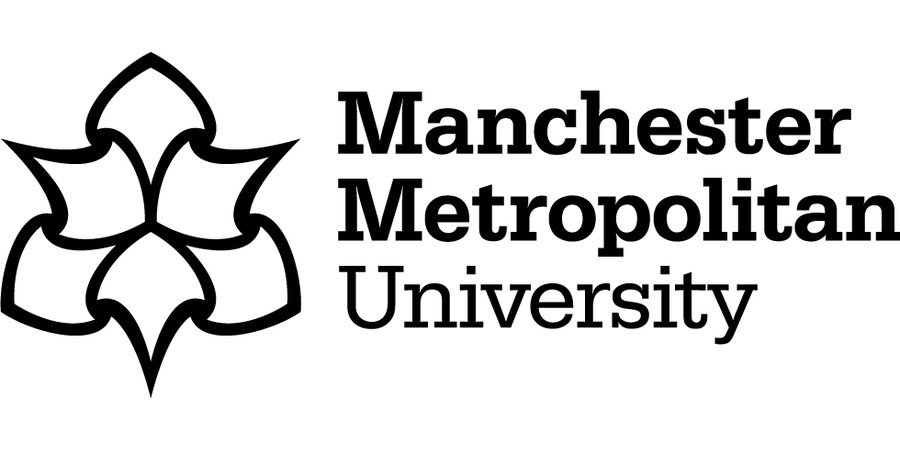PhD Studentship - Advanced Materials for Green Hydrogen Generation by Steam Electrolysis Produced by Magnetron Sputtering
Manchester Metropolitan University
| Qualification Type: | PhD |
|---|---|
| Location: | Manchester |
| Funding for: | UK Students, EU Students, International Students |
| Funding amount: | £20,780 - please see advert |
| Hours: | Full Time |
| Placed On: | 23rd April 2025 |
|---|---|
| Closes: | 18th May 2025 |
| Reference: | SciEng-JKM-2025-Magnetron sputtered SOECs |
Project advert
Solid Oxide Electrolyser Cells (SOECs) can be used to generate hydrogen via the steam electrolysis process. The state-of-the-art SOECs are normally composed of two porous ceramic or metal-ceramic electrodes separated by a dense oxygen ion conducting ceramic electrolyte and are developed via screen printing or tape casting. The use of ceramic materials and operation at high temperatures provide favourable reaction kinetics and thermodynamics, but also result in inherit materials compatibility issues, which lead to thermal and mechanical stresses within the materials and accelerated degradation. Therefore, there is significant interest in low-temperature SOECs, which experience reduced materials degradation, however, suffer from lower efficiencies due to reduced ion conductivity through a ceramic electrolyte. Therefore, the project will focus on exploring an alternative magnetron sputtering route to depositing highly porous Ni/YSZ and Ni/GDC coatings with enhanced cell microstructure, which will allow reduction of the cell operation temperature without sacrificing the cell performance.
The physiochemical characteristics of the coatings will be evaluated using FIB-SEM/EDS, XRD and nanoindentation/scratch test. Cell performance will be tested under steam electrolysis mode in the Manchester Fuel Cell Innovation Centre.
Project aims and objectives
This project focuses on technology development and the main objectives are:
- To enhance mass transport through the cell by enhancing the microstructure.
- To lower operating temperature to improve materials compatibility.
- To mitigate materials degradation under SOEC operating conditions.
Funding
The student will be in receipt of a stipend payment; the Research Council minimum rate (set by UKRI) £20,780 for 2025/26.
Home and Overseas students can apply. Home fees are covered. Eligible overseas students will need to make up the difference in tuition fee funding.
Specific requirements of the candidate
The successful candidate will be selected based on their academic merit and skills. An UK Honours Degree (or equivalent) at minimum of 2.1 is essential in materials science, chemistry, physics or engineering related discipline.
Essential knowledge and/or experience:
- Good foundation in materials science, chemistry, physics, renewable energy engineering
- Ability to plan and prioritise and undertake research, identify research objectives
- Microsoft Office package (especially Excel)
- Surface analysis and characterisation techniques, such as XRD, SEM/EDX, XPS
- Electrochemistry knowledge (e.g. voltammetry, electrochemical impedance spectroscopy)
Desirable skills and knowledge:
- Surface analysis and characterisation techniques, such as XRD, SEM/EDX, XPS
- Electrochemistry knowledge (e.g. voltammetry, electrochemical impedance spectroscopy)
Personal attributes:
- Excellent experimentalist
- Ability to work independently and plan experimental tasks
- Good communication skills
- Ability to write clear and concise reports
How to apply
Interested applicants should contact Dr. Justyna Kulczyk-Malecka (j.kulczyk-malecka@mmu.ac.uk) for an informal discussion.
To apply you will need to complete the online application form for a full-time PhD in Engineering
You should also complete a narrative CV (500-1000 words) addressing the project’s aims and objectives, demonstrating how the skills you have map to the area of research, how your experience makes you suitable for this position, and why you see this area as being of importance and interest.
You will need to upload your statement in the supporting documents section of the University’s Admissions Portal.
Applications closing date: 18 May 2025
Expected start date: October 2025
Please quote the reference: SciEng-JKM-2025-Magnetron sputtered SOECs
Advert information
Type / Role:
Subject Area(s):
Location(s):









